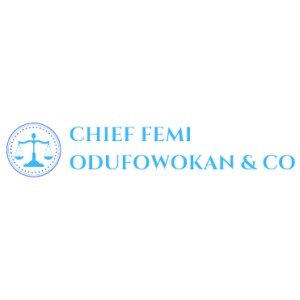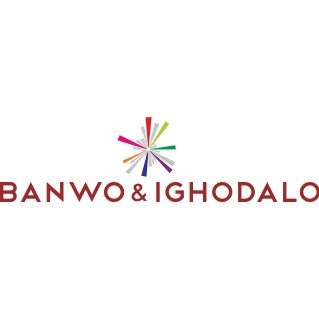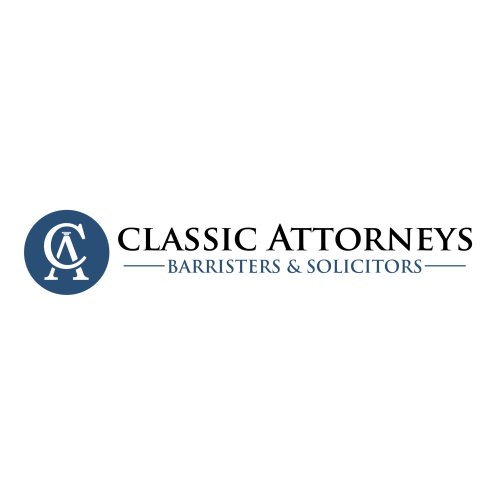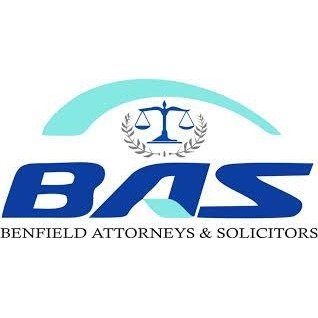Best Foreclosure Lawyers in Lagos
Share your needs with us, get contacted by law firms.
Free. Takes 2 min.
Free Guide to Hiring a Real Estate Lawyer
List of the best lawyers in Lagos, Nigeria
About Foreclosure Law in Lagos, Nigeria
Foreclosure in Lagos, Nigeria, involves the legal process through which a lender seeks to recover the balance of a loan from a borrower who has stopped making payments. This is typically done by forcing the sale of the asset used as collateral for the loan. In Nigeria, the foreclosure process can be complex and is governed by a combination of statutory laws and common law principles. The process is often protracted due to procedural requirements and potential court involvement, emphasizing the importance of understanding the local legal landscape.
Why You May Need a Lawyer
There are various situations where you may need legal assistance with foreclosure:
- Understanding Legal Rights: Knowing your rights and obligations can be challenging without legal assistance, especially in complex foreclosure proceedings.
- Negotiations: A lawyer can negotiate with lenders on your behalf to explore possibilities such as loan modifications or other relief options.
- Court Representation: If your foreclosure case goes to court, having a legal representative is crucial for presenting defenses and protecting your interests.
- Compliance with Procedures: Ensuring that all legal procedures are followed correctly to avoid further complications.
Local Laws Overview
Foreclosure laws in Lagos involve several key aspects:
- Mortgage Registration: To foreclose on a property, the mortgage must be properly registered with the appropriate state land registry.
- Power of Sale Clause: Most mortgages include a power of sale clause, allowing the lender to sell the property without going to court, provided all legal requirements are met.
- Redemption Rights: Borrowers typically have the right to redeem their property by paying off the full debt, including costs, before the foreclosure is completed.
- Court Intervention: Although Lagos allows non-judicial foreclosure, borrowers can challenge the process in court, potentially halting proceedings.
Frequently Asked Questions
What is foreclosure?
Foreclosure is the legal process by which a lender attempts to recover the balance of a loan from a borrower who has defaulted by forcing the sale of the asset used as collateral.
How long does the foreclosure process take in Lagos?
The foreclosure process can take several months to a few years, depending on whether it is a judicial or non-judicial foreclosure and the complexity of the case.
Can I stop the foreclosure process?
Yes, you may be able to stop the process by negotiating with your lender, paying the arrears, or redeeming the mortgage before the completion of the process.
Do I need a lawyer for foreclosure?
While not mandatory, having a lawyer is highly advisable to navigate the complex legal landscape and protect your interests.
What happens to my credit score after foreclosure?
Foreclosure negatively affects your credit score, making it difficult to secure loans in the future. The impact can last several years.
Can the lender sue me after foreclosure?
In some cases, if the sale of the foreclosed property does not cover the outstanding debt, the lender may sue for a deficiency judgment.
What is a power of sale in a mortgage?
A power of sale is a clause in a mortgage granting the lender the right to sell the secured property without court proceedings if the borrower defaults.
Can I sell my property during a foreclosure process?
Yes, you can attempt to sell your property, often called a "short sale," to pay off the loan and avoid foreclosure, depending on lender approval.
What fees are associated with foreclosure?
Foreclosure can include various fees like legal fees, late payment fees, and costs related to marketing and selling the property.
What is non-judicial foreclosure?
Non-judicial foreclosure is a process where the lender can foreclose without court intervention, often involving a power of sale clause in the mortgage agreement.
Additional Resources
For further assistance, consider the following resources:
- Lagos State Government Land Registry for property registration information.
- The Nigerian Bar Association can provide referrals to qualified foreclosure attorneys.
- Nigerian Mortgage Refinance Company for understanding mortgage guidelines and standards in Nigeria.
Next Steps
If you find yourself facing a foreclosure situation, consider the following steps:
- Gather Documentation: Collect all relevant documents concerning your mortgage and financial status.
- Consult a Lawyer: Seek legal advice from a lawyer specializing in property law and foreclosures.
- Explore Alternatives: Discuss possible alternatives with your lawyer or lender, such as restructuring your loan.
- Maintain Communication: Stay in touch with your lender to understand any concessions or options available to you.
Lawzana helps you find the best lawyers and law firms in Lagos through a curated and pre-screened list of qualified legal professionals. Our platform offers rankings and detailed profiles of attorneys and law firms, allowing you to compare based on practice areas, including Foreclosure, experience, and client feedback.
Each profile includes a description of the firm's areas of practice, client reviews, team members and partners, year of establishment, spoken languages, office locations, contact information, social media presence, and any published articles or resources. Most firms on our platform speak English and are experienced in both local and international legal matters.
Get a quote from top-rated law firms in Lagos, Nigeria — quickly, securely, and without unnecessary hassle.
Disclaimer:
The information provided on this page is for general informational purposes only and does not constitute legal advice. While we strive to ensure the accuracy and relevance of the content, legal information may change over time, and interpretations of the law can vary. You should always consult with a qualified legal professional for advice specific to your situation.
We disclaim all liability for actions taken or not taken based on the content of this page. If you believe any information is incorrect or outdated, please contact us, and we will review and update it where appropriate.

















